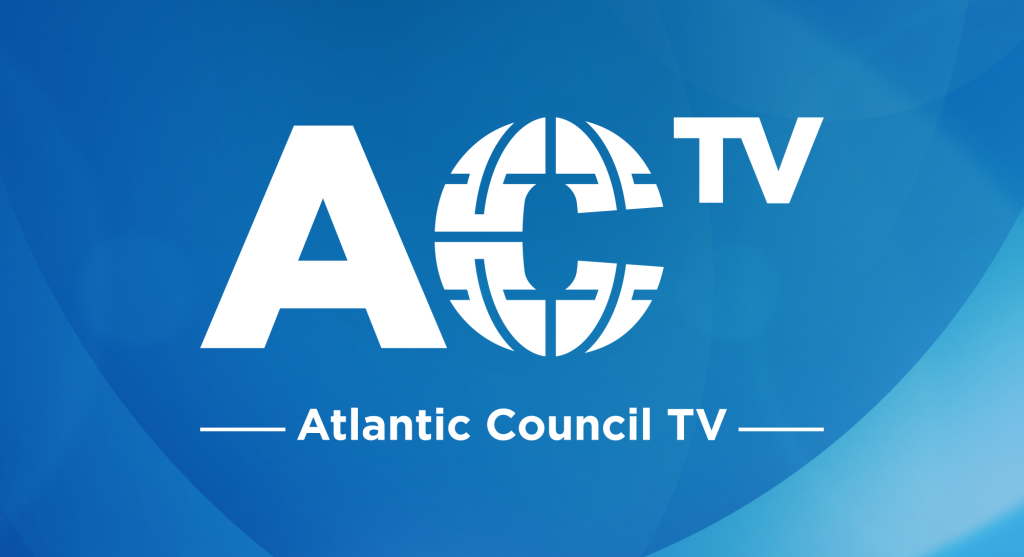The world was stunned by the news that the largest international prisoner swap since the Cold War freed two dozen individuals through a multinational deal on August 1, 2024. The swap, which secured the release of American journalists Evan Gershkovich and Alsu Kurmasheva as well as American former marine Paul Whelan and renowned Kremlin critic and journalist Vladimir Kara-Murza, among others, was driven on the Kremlin’s side by Putin’s aim to release his political operatives jailed in the West for provocative acts, and by the US and other Western countries’ desire to free their citizens wrongfully detained on false and absurd charges. While Russia used this opportunity to retrieve their agents from abroad, the West sought to return home citizens that the Putin regime has utilized as political hostages.
On August 1, 16 people were released from Russia in a negotiated deal. In July of 2023, the Kremlin had convicted activist and journalist Vladimir Kara-Murza to 25 years behind bars on contrived charges. One year later in July of 2024, the Wall Street Journal’s Evan Gershkovich, an American journalist detained the month before Kara-Murza on sham charges, had been sentenced to 8.5 years. On the same day, dual American-Russian citizen and RFE/RL journalist Alsu Kurmasheva, who was originally arrested on charges of failing to register as a foreign agent, had been tried and convicted to 6.5 years in prison for spreading “false” information about the military.
Kara-Murza, Gershkovich, and Kurmasheva joined countless others who have been arrested on politically motivated charges by Russian authorities in an effort to silence dissent, intimidate opposition-minded Russians, and flood the information space with state propaganda. Their release is a remarkable moment for them, their families, and all others who were wrongfully detained by the Kremlin on sham and contrived charges. While the swap is momentous, it also speaks to the Kremlin’s continued practice of flouting humanitarian norms and international human rights expectations – and outwardly threatening the United States and allies – as it continues to stifle dissent at home and wage war against the Ukrainian people across its western border.
How significant was this swap and what are the implications for the US’s approach to the Kremlin and for the global response to the Kremlin’s disregard for international norms? What might the Kremlin’s motivations have been for this swap now, and how does the news fit into the Kremlin’s escalating repression at home since it launched its full-scale invasion of Ukraine in February of 2022 and before? What techniques is the Kremlin using today to target dissent, and what role should the United States play in addressing and deterring future arbitrary detentions and convictions of political prisoners?
Speakers
Nicole Bibbins Sedaca
Interim President
Freedom House
Christian Caryl
Former Editor with The Post’s Opinions Section
The Washington Post
Leonid Gozman (VIRTUAL)
Russian Opposition Politician
Ambassador John Herbst
Senior Director, Eurasia Center
Atlantic Council
Moderated by
Atlantic Council TV

Watch this event and more content on ACTV
Follow the conversations shaping our world. Available on all major platforms.
